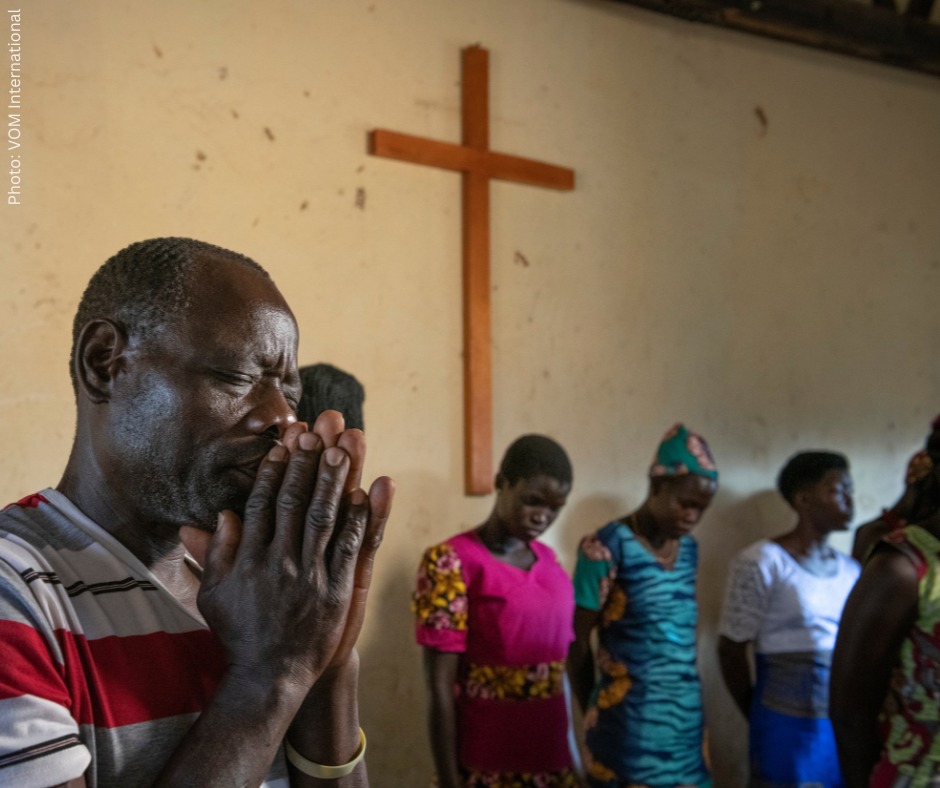The once extremely harmful and potentially deadly disease Tuberculosis (TB) is now in the news again. However, in many parts of the world including Ga., TB has begun a widespread resurgence. With this scary new reality comes many questions and concerns: How does TB spread? How has TB really impacted Ga.? What is being done to combat this disease?
TB primarily affects the lungs, but it can also infect the spine, kidneys and brain. This sickness is classified as an airborne disease and spreads when one who is infected coughs, breaths or talks, releasing tiny droplets of the disease into the surrounding atmosphere. Some symptoms of TB include but are not limited to: persistent coughing, chest pains, constant fever for at least two weeks, loss of appetite and coughing with blood in saliva and mucus. If one experiences any of these symptoms, it is important to seek immediate medical help.
“I remember my grandfather had TB once; it was awful. He was bed ridden for a couple weeks and could not stop coughing,” Grayson Mirabelly, freshman, said.
Just as with any other disease, it is crucial to stay informed on whether or not one is at high risk of becoming infected. Individuals who take certain medications such as Human Immunodeficiency Virus (HIV) treatments are at extremely high risk, with the majority of TB induced deaths occurring in HIV patients. In addition, those who actively fight against cancer, those with diabetes and those with weakened immune systems are at high risk of contracting the disease.
“Some specific symptoms to look out for would be a persistent cough, any kind of rapid weight loss, tiredness and fatigue,” Cathy Alexander, school nurse, said.
In more recent years, Ga. has begun to see a concerning rise of TB cases. According to the Georgia Department of Public Health, the state reported 314 new cases of TB in 2022, up from 270 cases in 2021. Although this does not seem like much of a concern, there has recently been a seriously threatening exposure of TB at Walton High School in the Cobb County School District. A student infected with active TB attended school and possibly blindly affected countless individuals with this disease.
“Although I have never dealt with a TB case directly, I still know it is a huge concern in surrounding areas,” Alexander said.
It may seem impossible to avoid TB, but there are plenty of measurements one can take to keep themselves safe from the infection. Ga.’s public health agencies are actively working to combat the spread of TB through a combination of prevention, early detection and treatment. First and foremost, vaccinations; the vaccinations will not give you guaranteed immunity from TB, but does give a fighting chance at never contracting it. Skin tests, blood tests and chest X-rays are used to diagnose TB, which are routinely given out to healthcare workers, those at high risk and those who have encountered the sick. When a new case of TB is identified, public health officials conduct “contact tracing” to identify individuals who may have been exposed to the disease. These individuals are then tested and monitored.
“The vaccine is particularly helpful in protecting babies and young children against more serious forms of TB, such as TB meningitis,” A reporter from National Health Service of England said.
TB remains a significant public health challenge in Ga., but it is a disease that can be controlled by preventative measures, early detection and effective treatment. By understanding the risks, recognizing the symptoms and acting when needed, the world can reduce the impact that TB has on communities.














